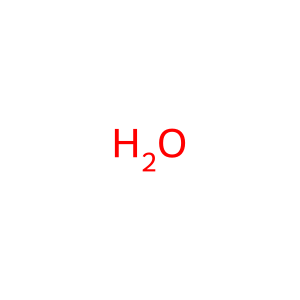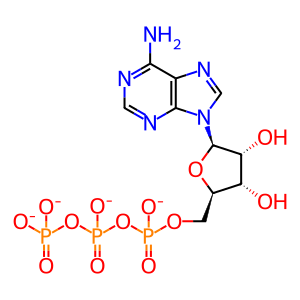Reaction: Defective CFTR does not transport Cl- from cytosol to extracellular region
- in pathway: Defective CFTR causes cystic fibrosis
Cystic fibrosis transmembrane conductance regulator (CFTR) is a low conductance chloride-selective channel that mediates the transport of chloride ions in human airway epithelial cells. Chloride ions plays a key role in maintaining homoeostasis of epithelial secretions in the lungs. Defects in CFTR can cause cystic fibrosis (CF; MIM:602421), a common generalised disorder in Caucasians affecting the exocrine glands. CF results in an ionic imbalance that impairs clearance of secretions, not only in the lung, but also in the pancreas, gastrointestinal tract and liver. Wide-ranging manifestations of the disease include chronic lung disease, exocrine pancreatic insufficiency, blockage of the terminal ileum, male infertility and salty sweat.
The most common mutation that causes CF is F508del (Kerem et al. 1989). Although more than 1,500 mutations of CFTR have been identified, only four mutations besides F508del reach a frequency of 1% to 3%: G551D, W1282X, G542X, and N1303K (Rogan et al. 2011, Cutting et al. 1990, Vidaud et al. 1990, Kerem et al. 1990, Cuppens et al. 1990, Osborne et al. 1991).
The most common mutation that causes CF is F508del (Kerem et al. 1989). Although more than 1,500 mutations of CFTR have been identified, only four mutations besides F508del reach a frequency of 1% to 3%: G551D, W1282X, G542X, and N1303K (Rogan et al. 2011, Cutting et al. 1990, Vidaud et al. 1990, Kerem et al. 1990, Cuppens et al. 1990, Osborne et al. 1991).
Reaction - small molecule participants:
H2O [cytosol]
ATP [cytosol]
Cl- [cytosol]
Reactome.org reaction link: R-HSA-5678822
======
Reaction input - small molecules:
water
ATP(4-)
chloride
Reaction output - small molecules:
Reactome.org link: R-HSA-5678822



